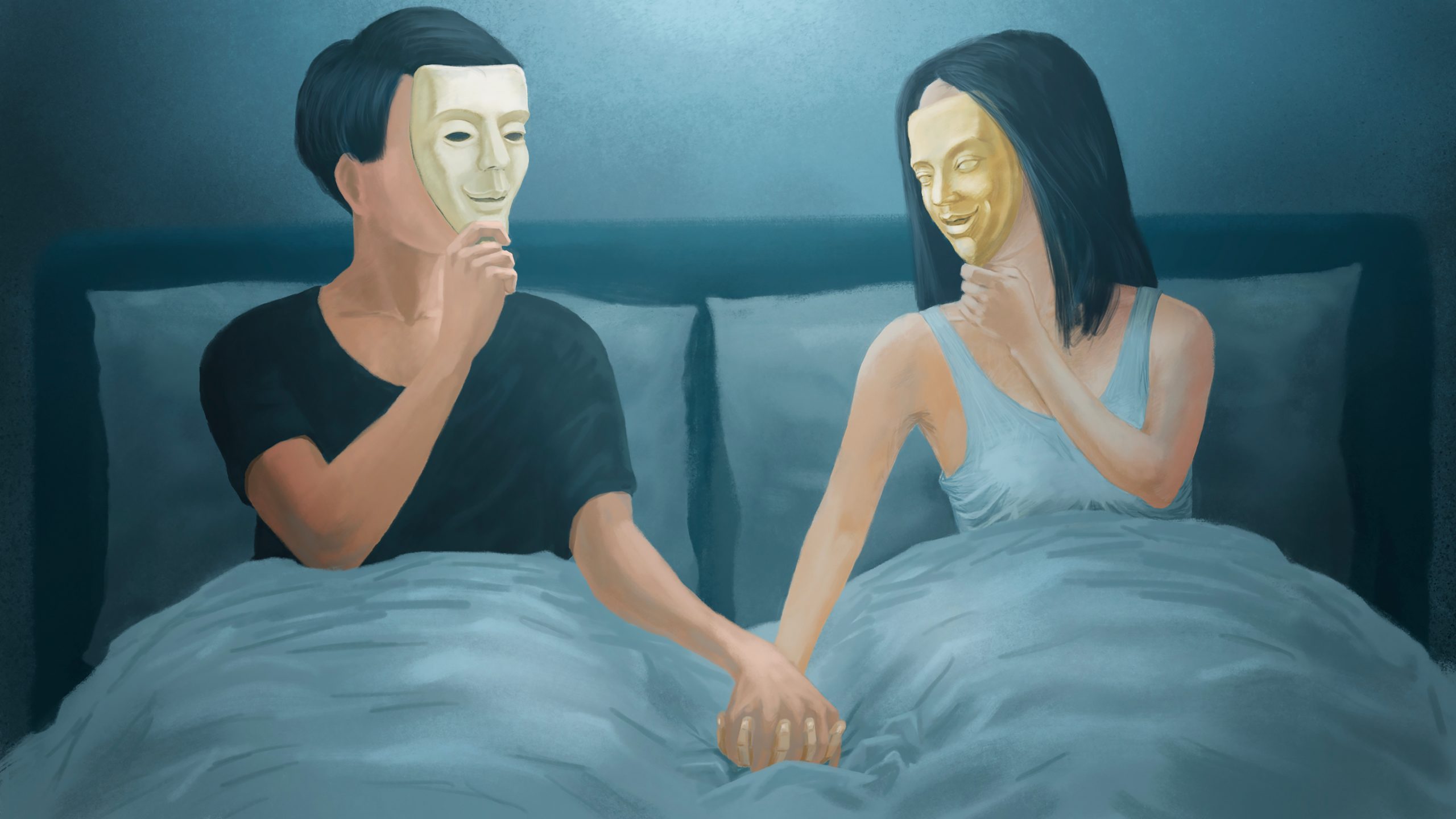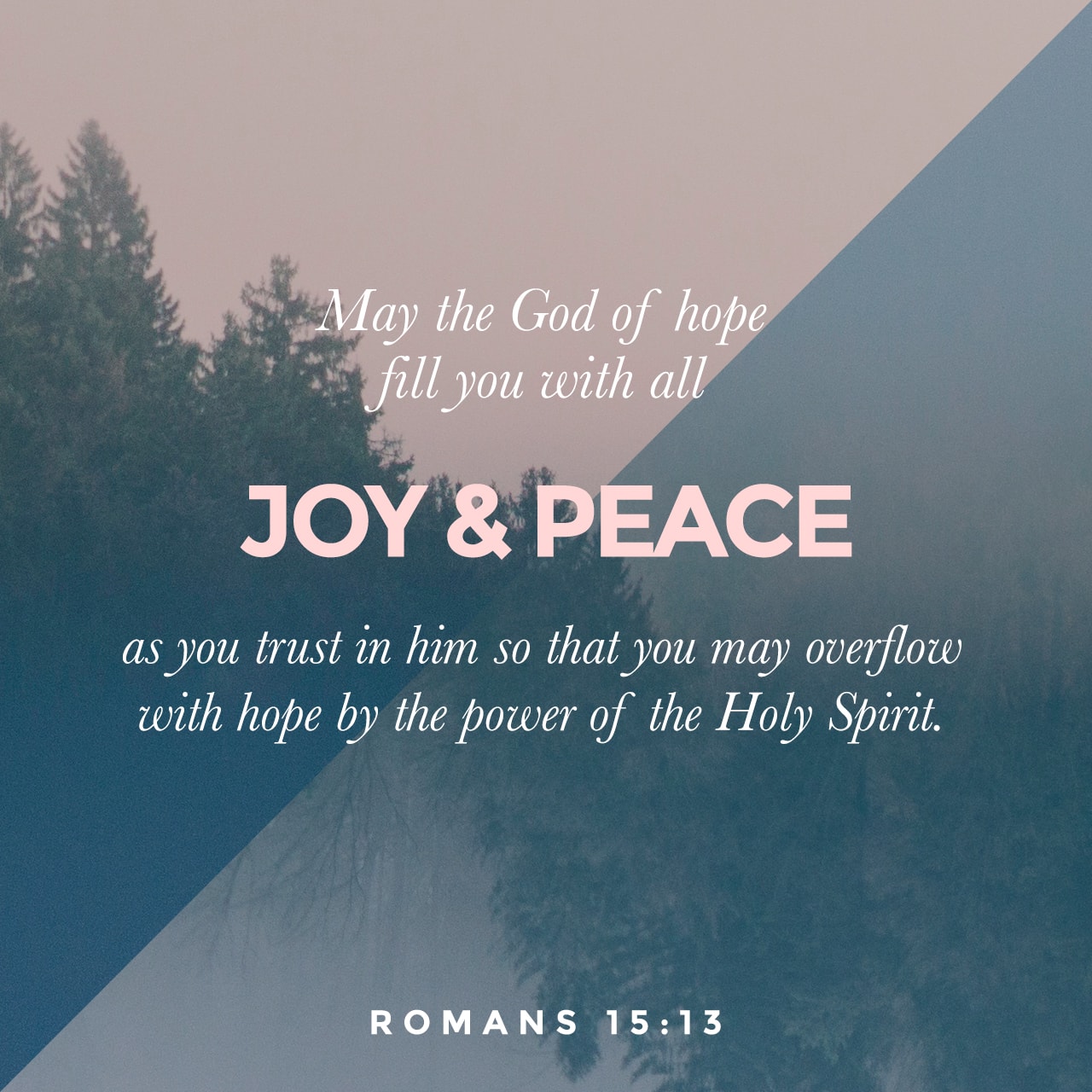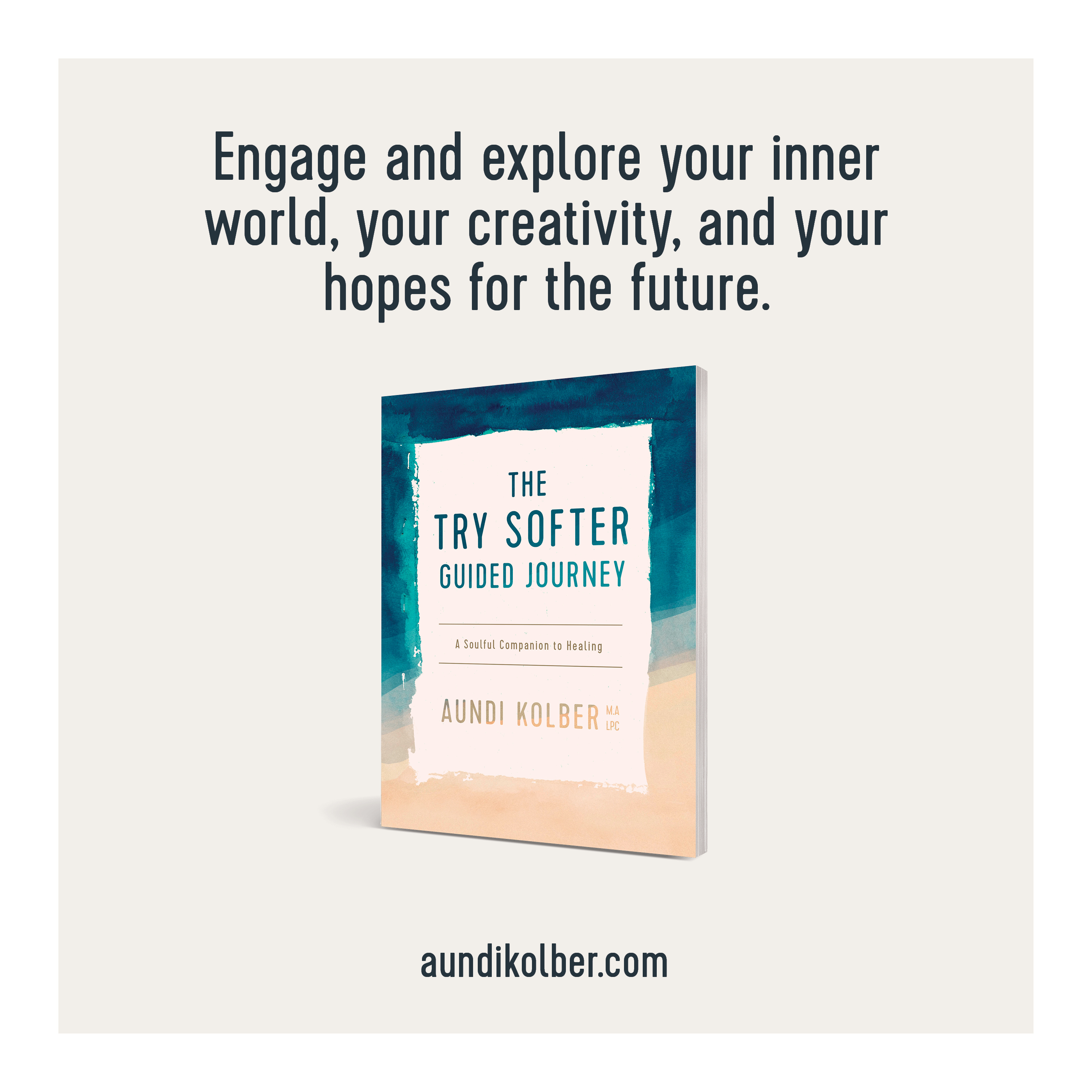It was June 1967— still early in the so- called “Summer of Love”— when the Beatles unveiled their new song “All You Need Is Love” to an audience of four hundred million people in twenty-five countries as part of the world’s first live global television event.
The Beatles wanted to do more than sing a pretty song. They wanted to make a statement and possibly change the world. But these desires did little to heal the disputes raging within the world’s most famous rock band. As Christian rocker Larry Norman would later observe: “Beatles said All you need is love, and then they broke up.”2
What is love? The answers you find will depend on where you look. When you answer the question with pop songs and love poetry, feelings and “chemistry” reign supreme.
“My love is such that rivers cannot quench,” wrote Anne
Bradstreet in her classic poem “To My Dear and Loving Husband.”
Love poems also explore the feelings that remain after love is gone, as Robert Louis Stevenson showed in “Love, What Is Love?”
Love— what is love? A great and aching heart; Wrung hands; and silence; and a long despair.

Others insist love is more decision than chemistry. Erich Fromm promoted this idea in his 1956 book, The Art of Loving: “[Love] is a decision, it is a judgment, it is a promise. If love were only a feeling, there would be no basis for the promise to love each other forever. A feeling comes and it may go. How can I judge that it will stay forever, when my act does not involve judgment and decision?”3 And even though Fromm declared love was a decision, he did not create a plan of action for achieving it, as he admitted near the end of The Art of Loving: “I am afraid that anyone who approaches this last chapter in this spirit will be gravely disappointed.”4
But Gary Smalley and other Christian writers were happy to give Christian readers blueprints they could follow. Gary explained his goal early in Love Is a Decision: “That’s what this book is all about. It’s our best effort to give you a workable, biblically based plan of action for building loving, lasting relationships.”5
Gary never would have suggested marrying someone you didn’t like and then deciding to love that partner by sheer force of will, but that’s the way some people make him sound. Here’s how one blogger adopted the love- is-a – decision model: “Love is a decision you make and continue to make in order to create an experience that is described as love. . . . Love is something [you] do, not something you feel.”6
It’s hard for love to grow in marriage when partners embrace fundamentally different concepts of what it is and how it works. However, nothing makes it harder for love to grow than missing the basic understanding of what love really is and how it works.
When people ask us whether love is a feeling or a decision, we frustrate some of them when we give them our answer: Yes!
Yes, love is a decision. We are not claiming that you can decide your way to love, but we do believe certain decisions can help love flourish. As shown in the last chapter, the vows couples recite in their wedding ceremonies illustrate the decisions they’ve made to protect their relationship:
“You are the one for me, and I want to spend the rest of my life with you.”
“I am going to love you and be by your side, no matter what happens.”
“I will remain faithful to you by cutting off all other romantic options.”
“I am yours.”

Decisions like these can create safe and nurturing environments where the deepest love can grow. But decisions alone don’t create love. Think about it: If love is only a decision, it’s destined to remain up in your brain.
Yes, love is a feeling, perhaps one of the most powerful and enjoyable feelings we can experience. Love is such a powerful feeling that it impacts all the other feelings we have. When you feel you are loved, your whole world looks better. You feel elevated. It feels good to be alive. Anything seems possible.
Feelings are essential to love, but feelings alone are not strong enough to sustain and support a healthy and stable marriage through the many challenges of life. In fact, feelings good and bad will ebb and flow. If the health of the relationship were based on the strength and consistency of the feelings, every marriage would be unstable!
Brittany and Jon’s differences over whether love is chemistry or decision- based may reflect their differences in personality types. Some people are dominant feelers while some are dominant thinkers. That’s fine. God doesn’t wire us all the same way, and He designed marriage to accommodate all our differences and perspectives.
Now that we have settled the decision/feeling issue that has divided spouses and philosophers for centuries, let’s take a closer look at this crazy little thing called love.
Taken from 9 Lies that Will Destroy Your Marriage by Robert Paul and Greg Smalley. Copyright © 2020. Used by permission of Focus On the Family. All rights reserved. Represented by Tyndale House Publishers, Inc.

Lies about marriage are rampant in our culture and the church. They’re killing marriages. But the corresponding truths can strengthen marriages and even save the most troubled relationships. In this book, marriage experts Greg Smalley and Robert Paul identify the lies, explain how they work to destroy marriages, and reveal the truths that not only can improve marriages but rescue those that are floundering.
Hope Restored, the renowned crisis marriage program created for Focus on the Family, is the basis for the discovery and understanding of these specific lies and their impact. Dr. Greg Smalley, a general marriage expert, and Robert Paul, the therapeutic director of a program that resuscitates nearly dead marriages, bring an unusual but powerful combination of perspectives that restore hope and healing in any marriage.
9 Lies That Will Destroy Your Marriage includes several self-tests to help you assess the extent to which your own marriage has been affected by each of the nine lies.











What do you think?